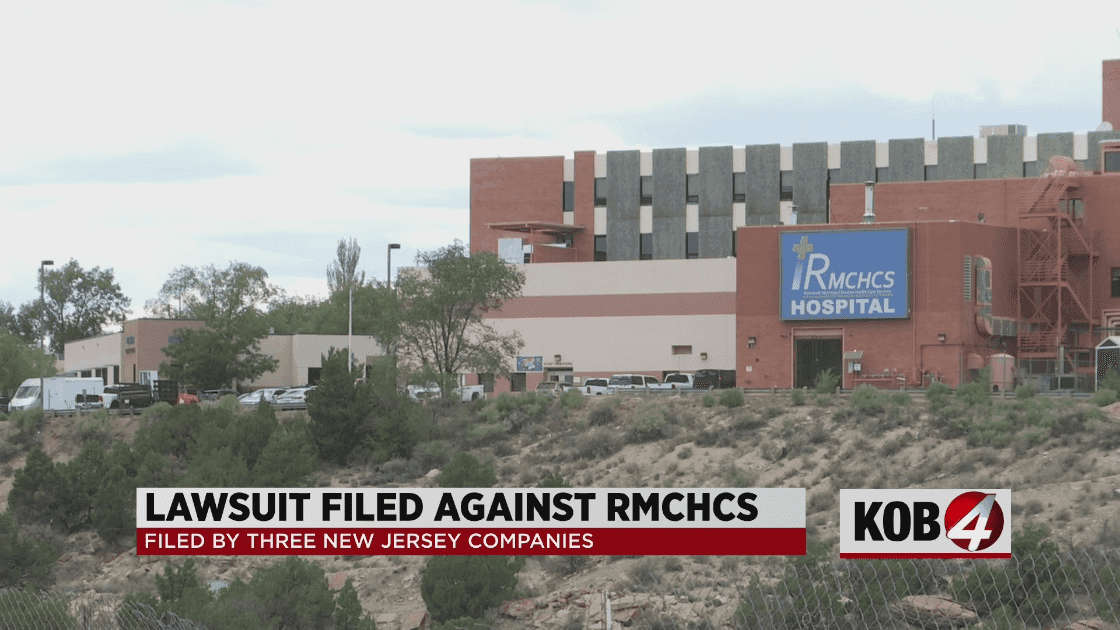State Tightens Horse Travel Rules, EHV 1 Controls Affect County
New Mexico issued new rules on November 21 to slow a multi state outbreak of equine herpes virus EHV 1, requiring recent interstate certificates of veterinary inspection and documentation of temperature for horses from affected states. The measures could affect McKinley County horse owners, event organizers, and transporters by adding veterinary visits, paperwork, and potential enforcement for non compliance.

New Mexico changed its rules on November 21 in response to a multi state outbreak of equine herpes virus EHV 1, requiring more stringent documentation for horses moving into or through the state. The state requires interstate certificates of veterinary inspection, or ICVI, for horses originating from states with confirmed positive EHV 1 cases to be issued within five days of travel. The ICVI must include the animal temperature and a certification that in the previous 21 days the animals have not come from quarantined premises, have not been exposed to EHV 1, and have not attended events where EHV 1 has been confirmed. State officials warned that failure to comply may result in regulatory or legal action.
Those changes are immediately relevant to McKinley County residents who own, breed, board, show, or transport horses. Owners planning to travel, attend events, or bring animals into the county from out of state will now need a vet inspection close to the time of travel and accurate temperature records recorded on the certificate. Small scale operations and owners in rural and tribal areas may face added travel, cost, and logistical barriers to obtaining timely veterinary inspections.
The public health dimension centers on animal health and economic stability rather than human disease. EHV 1 affects equids and can lead to respiratory illness, abortion, and in some cases neurologic disease in horses. For communities that rely on horses for livelihoods, cultural practices, and local events, an outbreak can disrupt fairs, rodeos, competitions, and the informal economy around them. Preventing spread through movement controls is designed to protect animal health and limit economic damage, but it places added burdens on already strained veterinary services and owners with limited resources.
Local veterinary clinics and equine service providers will play a central role in implementing the new rules. State and local leaders will need to coordinate outreach so owners understand the five day window for ICVI issuance, the temperature documentation requirement, and the certification about recent exposures and quarantines. Equitable implementation will require attention to access, especially for residents who must travel long distances to reach a veterinarian or who lack funds for repeated inspections.
McKinley County residents affected by the changes should contact their veterinarians and the state animal health authority for guidance on compliance. Clear communication and targeted support will be important to protect animal health, sustain local events and economies, and ensure that enforcement does not disproportionately burden smaller operations and communities with the least resources.


